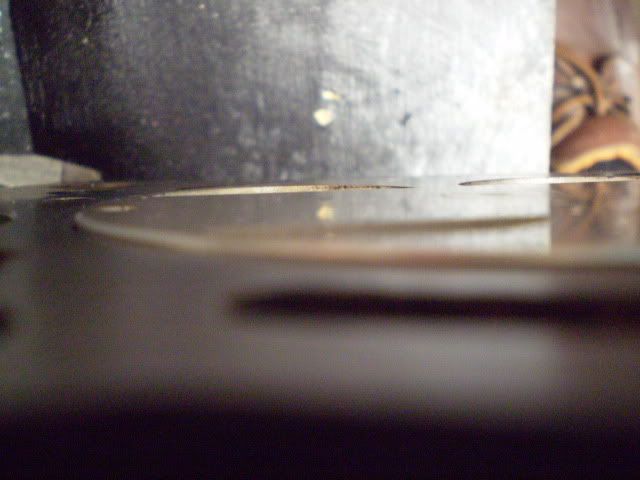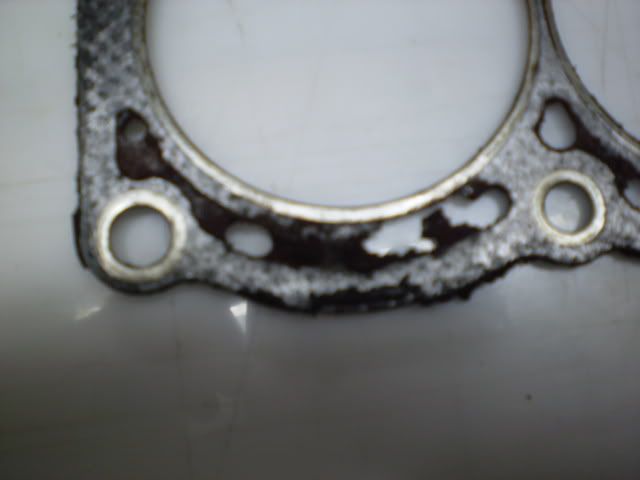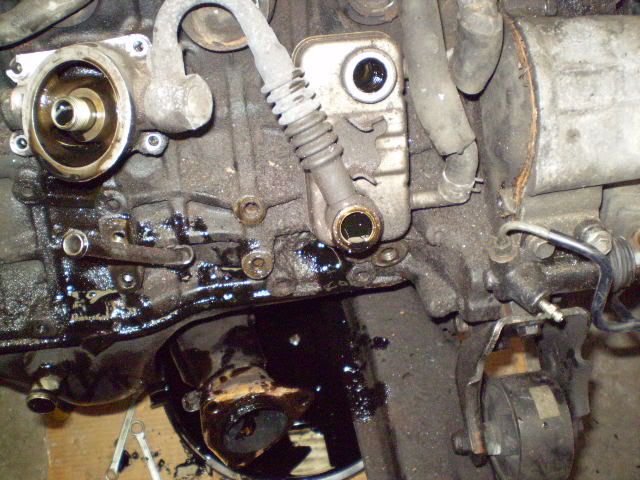allencr wrote:sergei wrote:Just need to confirm that this block is gone?
Gone where?
No, it doesn't look pretty and doesn't look like a candidate for a race engine with machining/aligning $$$ invested in it, but if it's rare or you're desperate, it's solid enough.
If that crack pic is just an optical illusion & it's a DD & it's not getting super/boosted/turboed/NO2, then just skim it .25-.75. If the head has also been cut, cam timing adjusters would be nice.
This is 3SGTE block, which means it was "turboed"...
I pulled the head off because of leaky gasket.
Do not want to skim a lot as it will raise the compression. (if raising compression is unavoidable, then I could get a cheap gen2 easily).
.25-.75, I assume that is mm? if head and block is skimmed to combined height of 1.5mm that will introduce piston to head clearance issues, increase the compression to ~8.9-9.0 (rough estimate), which puts it into gen2/gen4 range.
I am just thinking of value for money. All I want to do is run 1bar on track days with reliability in mind. I am not going to run stupid amount of boost or stupid amount of revs (rev limiter is set to 7200rpm, which is moderate). So in my opinion building a forged engine is waste of time and money.
Giving option of Gen3 that should be able to handle 1bar in stock form all day long (especially if it is running 98 and tuned "safe"), vs spending $$$ then having faith that engine builder didn't screwed up somewhere along in the process (improper bearing clearances, improper piston clearances, wrong hone pattern, various assembly mistakes).



